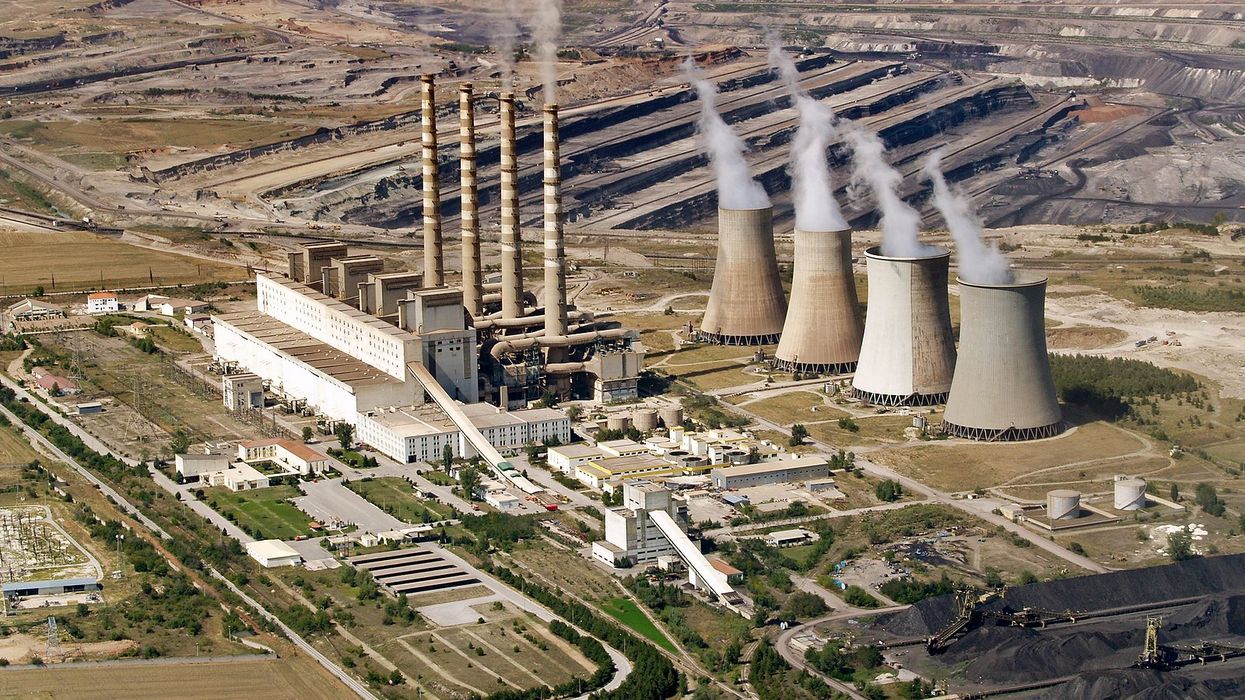A new review highlights that adding parks, trees and greenery to urban areas can mitigate heat-related health risks and improve mental well-being, especially among vulnerable populations.
Andrew Gregory reports for The Guardian.
In short:
- A study found that urban green spaces help reduce heat-related deaths and illness by lowering local temperatures.
- The review drew on global research and showed that areas with more greenery have better mental health and fewer cases of heat-related harm.
- Vulnerable groups, including children and elderly people, benefit most from access to safe, green public spaces.
Key quote:
"Urban green spaces play a vital role in mitigating heat-related health risks, offering a potential strategy for urban planning to address climate change and enhance public health."
— Researchers, London School of Hygiene & Tropical Medicine
Why this matters:
With global temperatures rising due to climate change, access to green spaces can help cities protect public health by reducing heat-related illnesses. Ensuring equitable access to these areas could also address health disparities.
Related EHN coverage: Trees, science and the goodness of green space.














